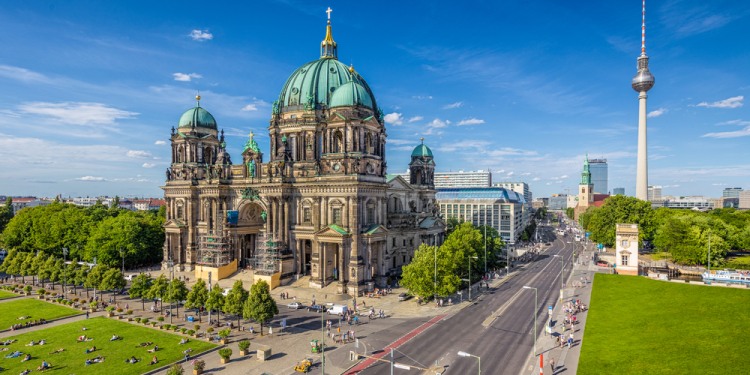
Thinking about moving to Germany? You have probably started your research about the country already — the climate, the job market, the formalities, and the leisure activities. But here's some fascinating information about Germany that you may have missed (and will boost your decision making).
Environmentally conscious

As a leader in climate and energy policy, at least a third of Germany is now powered by renewable energy. Nuclear power was responsible for producing about 18 percent of the country's electricity but, in 2011, Germany pledged to decommission all nuclear power stations by 2022, replacing them with renewable energy sources and the means to store 'green' electricity.
Favorable job prospects
Germany boasts high levels of employment. In 2016, unemployment dropped to a new record low at 4.2 percent with over half of the population aged between 15 and 64 in paid work. At 7.7 percent, youth employment was also one of the lowest in the EU. The majority of individuals in full-time employment are men while many women, particularly those with pre-school children, tend to work part-time. Despite the country's positive employment figures, Germany only adopted a minimum wage for the first time in 2015.
The world's cultural hub

Germany bursts with culture. It has a big number of cultural places and activities — including museums, exhibition spaces and art galleries — than any other country. In 2013, 130 professional orchestras, 820 theatres, 6,200 museums and 8,800 libraries were recorded in Germany, with a greater number of the country's population attending exhibitions than soccer matches.
Europe's high achievers
Education in Germany produces high achievers with students scoring above average on the OECD's PISA scale. Of adults aged 25-64, 86 percent have completed at least the equivalent of a high school diploma (or upper secondary education) — much higher than the EU average of 74.2 percent.
Equity in education

The college education is free in Germany, and even international students may benefit from this bill. In 2014, tuition fees for bachelor degrees taken at public universities were scrapped, as politicians agreed that such charges were 'socially unjust'.
The land of opportunity
Germany is the second most popular destination in the world for expats, with both the OECD and the Migration Policy Institute rating it as such. The majority of immigrants come from Europe, with Turkish, Polish and Italian making up the highest percentage of foreign nationalities. Germany itself has a low birth rate, increasing life expectancy and an ageing population, so it benefits from this influx of immigrant workers. The UN has even predicted that, by 2030, the percentage of Germans in the workplace will drop to just 54 percent.
Strict rules
The penalties for running out of fuel on the Autobahn are severe. Motorists can potentially be fined or have their licenses suspended for up to six months. Stopping on the Autobahn is only permitted in emergencies and walking or running on the German highways is also illegal, attracting a penalty of around 90 euros.
The charm of Venice

The capital Berlin boasts more bridges than Venice. In total there are 960, along with 59.8km square of water comprised of lakes and about 180km of navigable waterways. With Brandenberg combined, Germany is home to the largest inland water network in Europe.



















